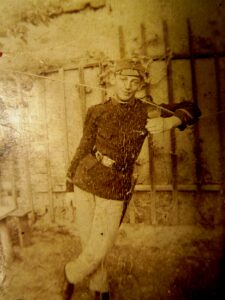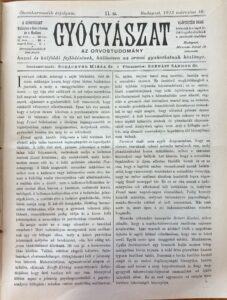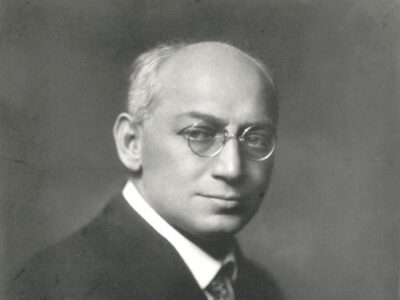Long before he became involved with psychoanalysis, Sándor Ferenczi was an accomplished doctor and a remarkable thinker.
After completing his schooling in Miskolc, he enrolled as a medical student at the University of Vienna (just as Sigmund Freud had done the previous decade).
During his medical training he encountered Freud’s early work on hysteria, but it made no impression on him.
After obtaining his medical degree in 1894, Ferenczi completed a year of compulsory military service before moving to Budapest, where he worked in several hospitals, eventually specialising in neurology and neuropathology.
A prolific writer
It was also in Budapest that Ferenczi became friends with Miksa Schächter, the editor of the progressive medical journal Gyógyászat (“Art of Healing”).
He soon began writing for the journal, publishing articles on a wide range of medical and non-medical topics, as well as more speculative pieces in other journals for the wider public.
Ferenczi’s pre-analytic writings reveal the enormous scope of his interests, including similar preoccupations to those of Freud: evolutionary biology, neurology, sexology, psychology, dreams, hypnotism and unconscious states.
Ferenczi’s early work also reveals his lifelong preoccupation with issues of social inequality.
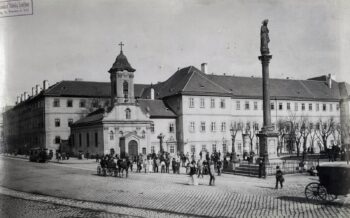
St Rókus hospital in the 1890s. Image credit: Fortepan
In his hospital positions he worked mostly with marginalised and disenfranchised people.
He completed his internship at the St Rókus hospital in a service for prostitutes, and went on to work in the St Erzsébet Poor House.
His writings attest to his social conscience, as well as his dissident spirit as someone who called received wisdom into question and challenged prejudice.
Discover more:

Previous chapter
Sándor Ferenczi’s Life in Context
Ferenczi lived through a time of intense social and political upheaval.
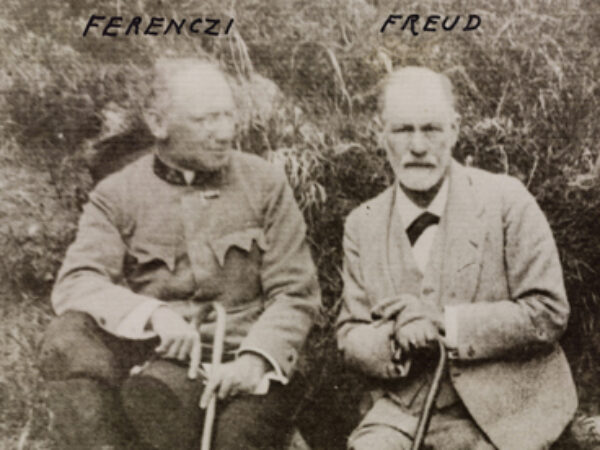
Next chapter
Sándor Ferenczi and Sigmund Freud
The ups and downs of Ferenczi's friendship with the founder of psychoanalysis.
